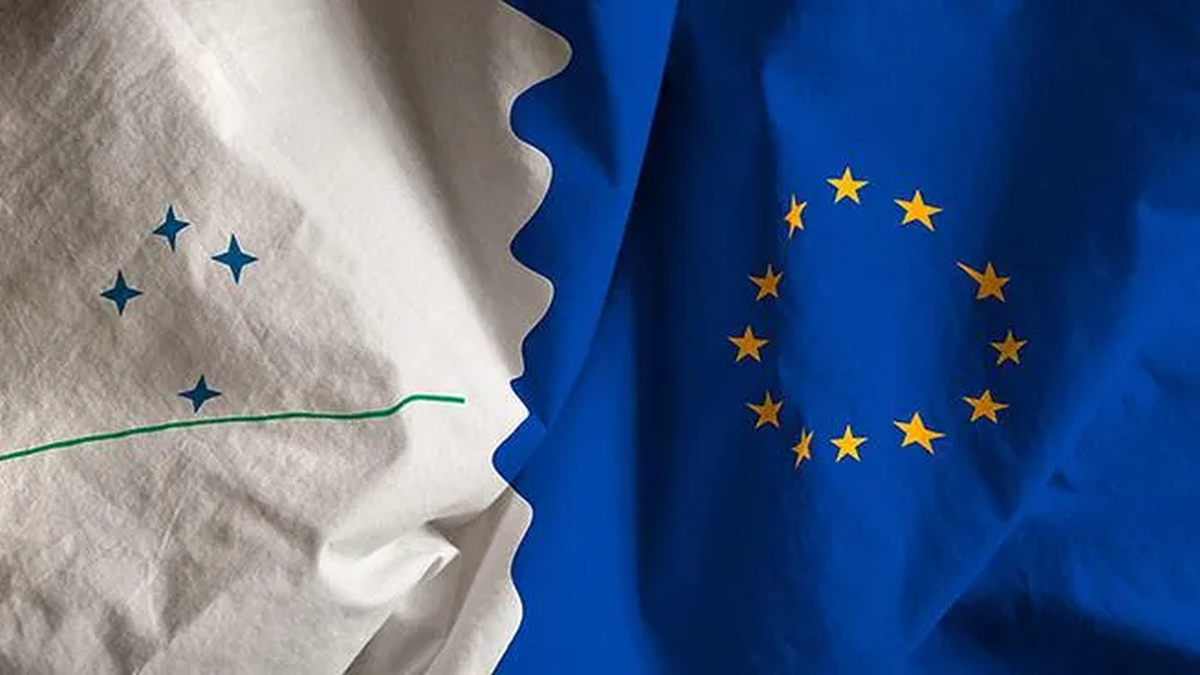Brussels takes the first step to ratify the treaty with Mercosur, which opens markets for European cars and machinery, in exchange for greater income of South American meat and grains. France, Italy and Poland warn that the pact threatens their farmers and demand more safeguards.
The European Commission He launched on Wednesday the process of ratification of the commercial agreement between the European Union (EU) and Mercosur, in a context marked by internal divisions in the block and the growing pressure of European farmers. The treaty, which must be approved by the 27 Member States and the European Parliament, Face a firm opposition headed by France.
The content you want to access is exclusive to subscribers.
The pact, closed last December, contemplates the elimination of tariffs on the 91% of European exports to Mercosur within 15 yearsincluding cars (currently taxed with 35%), machinery and alcoholic beverages. In return, the EU will progressively open its market to Latin American agricultural products, with higher contingents for beef (99,000 additional metric tons), poultry, rice, honey, soybeans and biofuels.


In addition, the protection of 350 geographical indications European – like Parmesano Reggiano cheese – to avoid imitations in Mercosur countries.
French resistance and political factor
The beginning of the process coincides with a political crisis in France, where the government of François Bayrou faces a motion of confidence that could demolish it. Paris has held a direct threat to sensitive sectors such as vaccine meat, birds and sugar, and demands for years, and demands reinforced safeguard clauses.
To try to calm the spirits, the European Commission could present a Additional Annex that activates protection measures in case of disturbances of the agricultural market. However, both the French government and unions and Fensea maintain a closed opposition.
The extreme right has denounced the possible “betrayal” of Emmanuel Macron if he accepts the treaty, while the radical left summons the mobilization against what they consider an “imposition” of Brussels.
MERCOSUR EUROPEANA.PNG

The beginning of the process coincides with a political crisis in France
The support: Germany and Spain at the head
Not all in the EU share French reserves. Countries like Germany and Spain They emphasize that the agreement offers an exit to diversify markets, reduce China dependence in critical minerals such as lithium and Counter the tariffs imposed by Donald Trump To European products in the United States.
According to Brussels, European exporters would save more than 4,000 million euros per year in tariffs Thanks to this agreement, considered the largest signed by the EU in terms of commercial reductions.
The treaty also faces objections from environmental groups, as friends of the Earth, which qualify it as “climate destroyer.” They fear that the greatest commercial opening encourages deforestation in the Amazon and other fragile ecosystems in South America.
Although the agreement includes a commitment to Avoid deforestation from 2030NGOs warn that it lacks effective compliance mechanisms.
Possible scenarios for the EU-MERCOSUR Agreement
The ratification of the political and commercial agreement must be approved in the European Council and in Parliament. To block it, France would need to gather a “locking minority” with at least three more countries that represent at least 35% of the EU population. Italy and Poland have already expressed their discontent, which complicates the panorama.
The commission, chaired by Ursula von der Leyen, seeks that the ratification is completed Before the end of 2025when Brazilian president Luiz Inacio Lula da Silva culminates the rotary presidency of Mercosur. However, internal divisions in Europe and the pressure of agricultural sectors threaten to delay – or even stop an agreement that could redefine transatlantic commercial relations.
Source: Ambito




